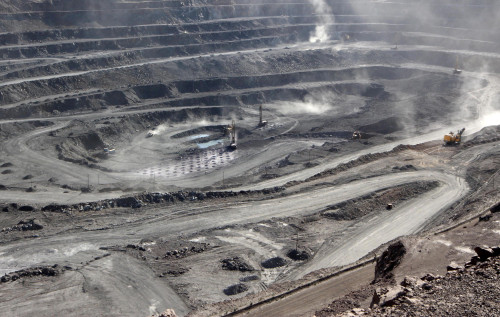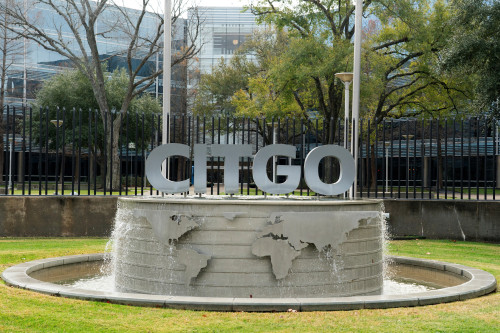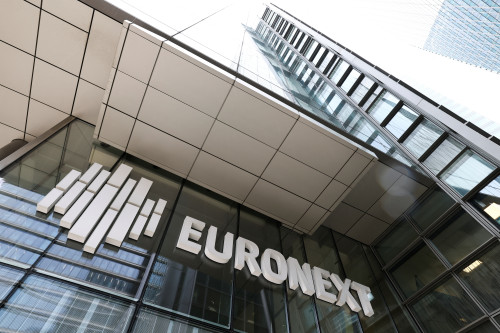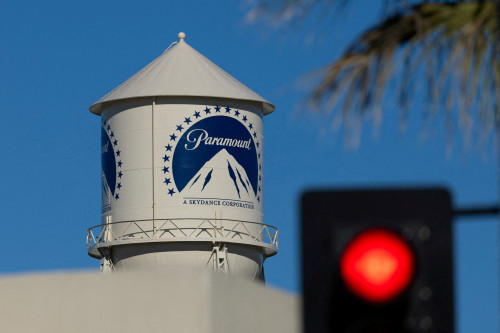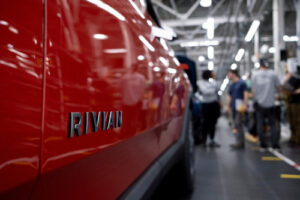By David Shepardson
WASHINGTON (Reuters) -U.S. auto executives are sounding the alarm on an impending shortage of rare-earth magnets from China – used in everything from windshield-wiper motors to anti-lock braking sensors – that could force the closure of car factories within weeks.
In a previously unreported May 9 letter to Trump administration officials, the head of the trade group representing General Motors, Toyota, Volkswagen, Hyundai and other major automakers raised urgent concerns.
“Without reliable access to these elements and magnets, automotive suppliers will be unable to produce critical automotive components, including automatic transmissions, throttle bodies, alternators, various motors, sensors, seat belts, speakers, lights, motors, power steering, and cameras,” the Alliance for Automotive Innovation wrote the Trump administration.
The letter, which also was signed by MEMA, The Vehicle Suppliers Association, added that, without those essential automotive components, it would only be a matter of time before U.S. vehicle factories are disrupted.
“In severe cases, this could include the need for reduced production volumes or even a shutdown of vehicle assembly lines,” the groups said.
Both Alliance CEO John Bozzella and MEMA CEO Bill Long told Reuters on Friday the situation was not resolved and remained a concern. They expressed gratitude for the Trump administration’s high-level engagement to prevent disruption to U.S. auto production and the supply chain.
Bozzella noted that the automotive issue was on the agenda during Treasury Secretary Scott Bessent and U.S. Trade Representative Jamieson Greer’s talks with their Chinese counterparts in Geneva earlier this month.
Greer told CNBC on Friday that China had agreed to lift restrictions on the exports of rare-earth magnets to U.S. companies and was not moving fast enough to grant access for key U.S. industries. “We haven’t seen the flow of some of those critical minerals as they were supposed to be doing.”
China – which controls over 90% of global processing capacity for the magnets used in everything from automobiles and fighter jets to home appliances – imposed restrictions in early April requiring exporters to obtain licenses from Beijing.
Rare-earth magnet exports from China halved in April as companies grappled with an opaque application process for permits that sometimes require hundreds of pages of documents.
While a handful of licenses have been granted, including to some Volkswagen suppliers, Indian automakers say they still have received none and will have to stop production in early June.
German auto-parts maker Bosch said this week that its suppliers have been bogged down by China’s more-rigorous procedures to receive export licenses. A Bosch spokesperson described the process as “complex and time-consuming, partly due to the need to collect and provide a lot of information.”
(Reporting by David Shepardson; Editing by Mike Colias, Kevin Krolicki and Sandra Maler)

